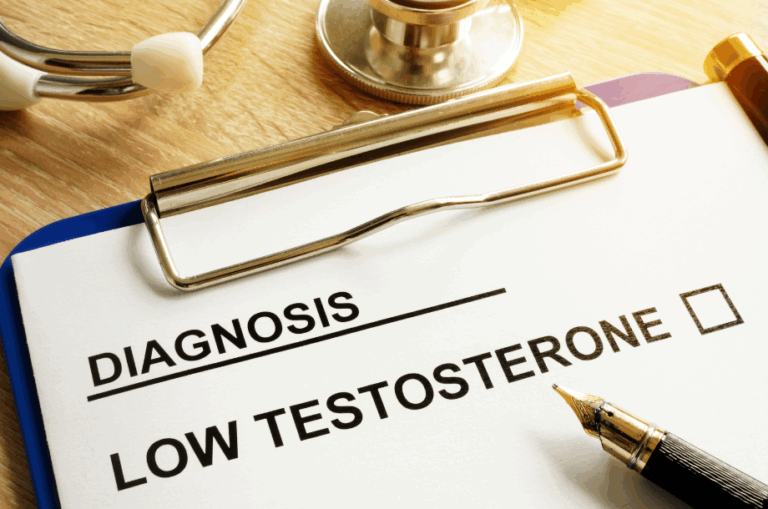Introduction
Looking for the right path to a healthier, more vibrant you? The answer could lie in one simple act – EAT MORE PLANTS. We’re often attracted to complicated diets and workout routines that keep our wheels spinning, but many times our waistlines remain the same. Eating more plants is an easy way to drastically increase your micronutrient intake as well as the number of beneficial microbes in your gut, while displacing some of the more undesirable foods in your diet. But is all the hype about a plant-based diet and its correlation to a better you really true? And even if it is, are there risks associated with plant-based eating? Let’s take a look.
Benefits
A September 2019 study published in Translational Psychiatry reviewed 32 studies looking at plant-based diet causal effects on the body and brain. Dietary intervention timeframes ranged from short to medium term (less than or equal to 24 months). “Robust evidence” was found that adopting a plant-based diet leads to significant positive changes in weight status, energy metabolism, and systemic inflammation in healthy individuals, as well as obese and type 2 diabetes patients. Based on the study’s conclusions, there is no doubt that going plant-based improves physical health parameters, many of which are mediated by positive alterations in the gut microbiome.
If you are a visual learner and want real stories from real people, check out these compelling stories from Forks Over Knives (with before and after pictures) of individuals who have drastically improved not only their health and appearance, but in many cases their entire lives. The research supports the body transformation aspect of these testimonials. Switching to a plant-based diet proves, time and time again in the scientific literature, to result in significant weight and body fat loss, independent of calories consumed.
While the body definitely benefits from a plant-based diet, how much the mind benefits is still up in the air. Based on the available research, no causal relationship can be conclusively drawn between a plant-based diet and improved cognitive or neurological function. It’s not necessarily that the link doesn’t exist; it’s more that the interventional studies needed to draw this link don’t yet exist. More research in this area is needed.
Risks
One of the top fears people have when looking to adopt a plant-based diet is nutrient deficiencies. In the 2019 review study mentioned above, researchers addressed two nutrient deficiency concerns that sometimes accompany a plant-based diet: vitamin B12 and iron deficiencies. In a 2010 EPIC-Oxford study, fifty percent of the vegans analyzed showed deficiencies in B12. In those who eat an exclusively plant-based diet, vitamin B12 monitoring and supplementation, if needed, is recommended. Researchers support monitoring iron levels as well and working with a nutrition expert who can help keep deficiencies in these two areas at bay.
If you don’t have the support of a healthcare professional when beginning a plant-based diet, be sure to focus on vegan sources high in B12 and iron, such as nutritional yeast and tempeh, and spinach and legumes, respectively. Also, be sure to consume a whole food plant-based diet – meaning one that’s centered around fresh vegetables and will increase micronutrient status – as opposed to a diet comprised of low-nutrient, packaged plant-based foods.
Conclusion
Remember, when eating to improve both your health and your appearance, it’s all about what you eat, not how much you eat. If you’re looking to make one change in the new year (or right now!) that will drastically improve how you feel in your own skin, going plant-based, or simply moving more in that direction, could be the answer. For crowd-pleasing plant-based recipes check out Gutbliss Rx’s recipe column.








